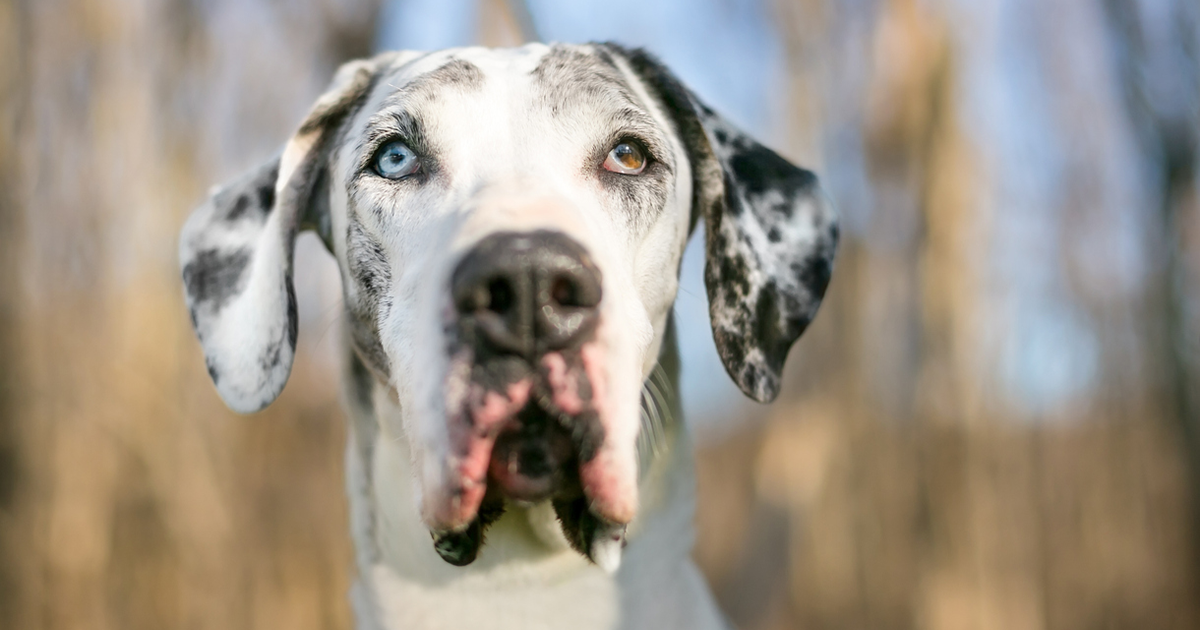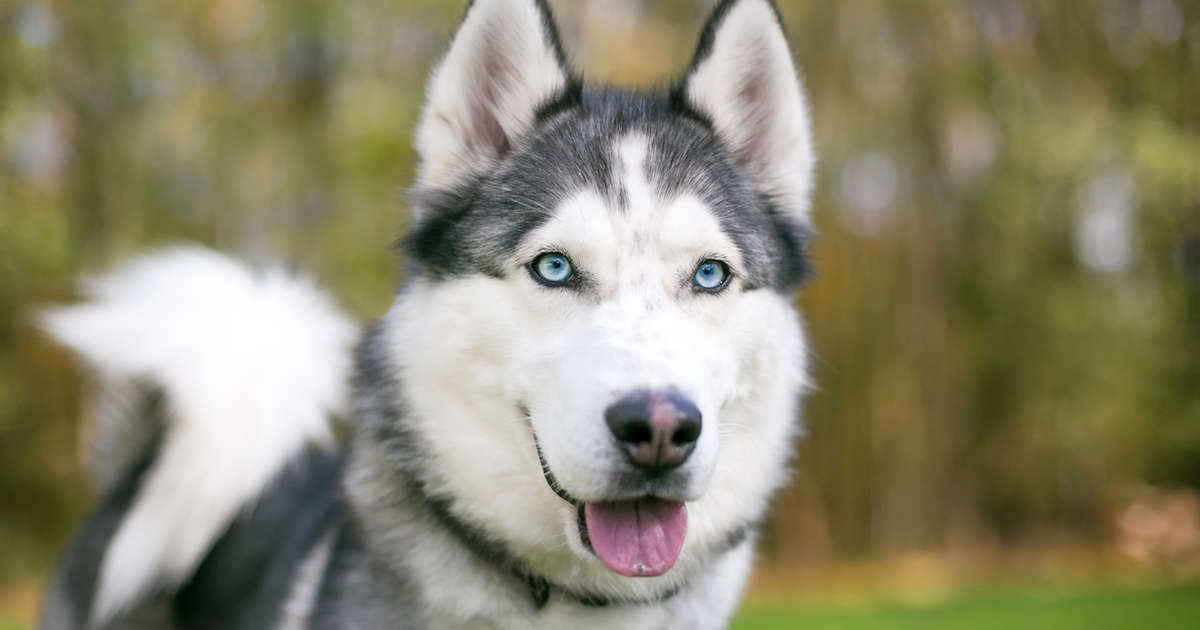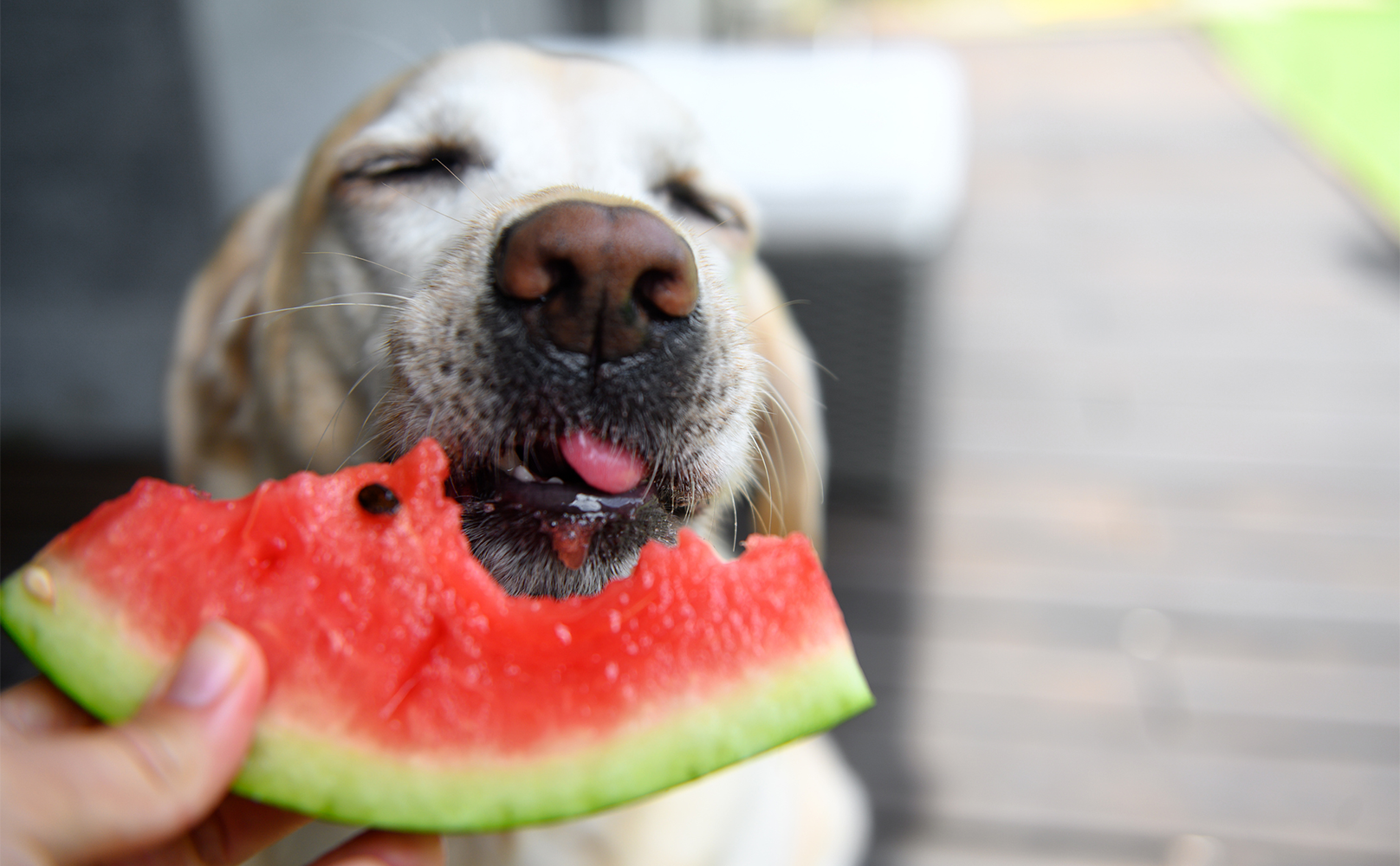When we last reported about Quasimodo—the German Shepherd pup with a Short Spine Syndrome, he had acquired a significant online following on his Facebook page.
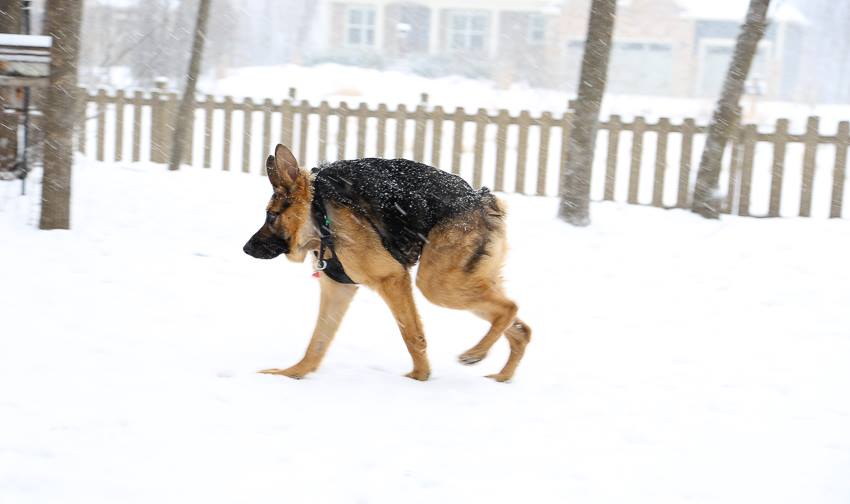

He’s now collected some 269, 522 people (as of publishing date) to be exact. He also has an Instagram account, if you feel like giving that a like, too. 🙂
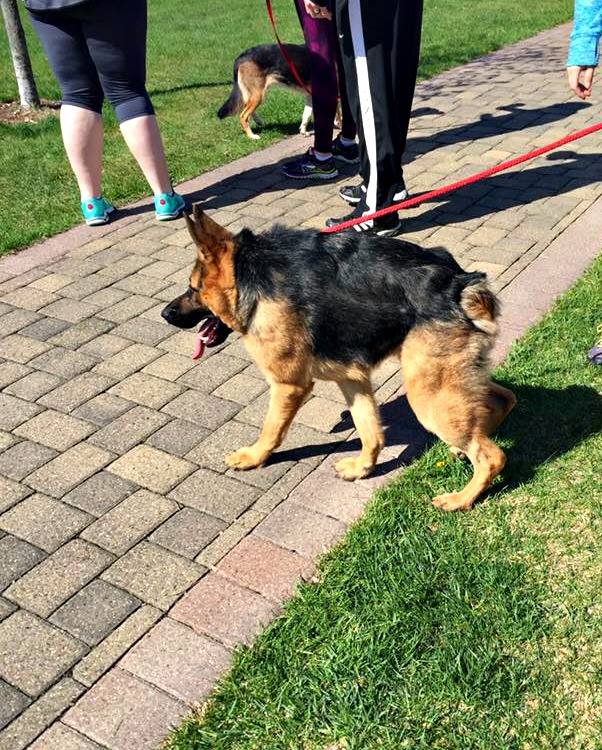

But Quasi also been helping his fellow dogs who have the same condition as him. A human geneticist at University of California is studying Quasimodo’s blood to find out what causes Short Spine Syndrome, reports CNN.
Quasimodo’s Facebook page is also said to be helping raise awareness to other dogs with special needs or genetic conditions.
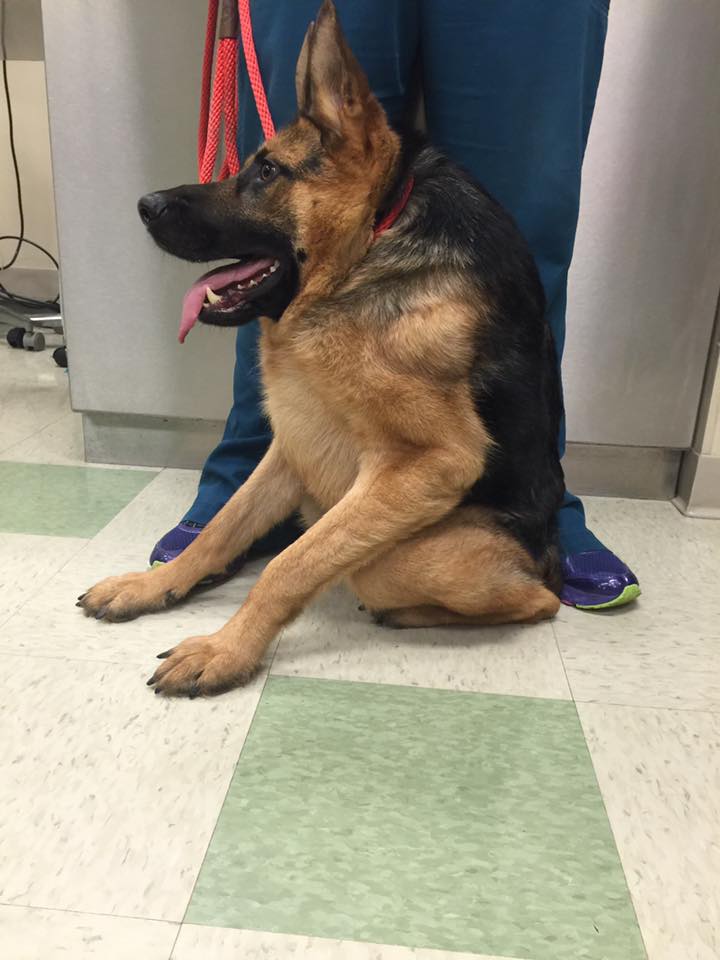

A Short Spine Syndrome is a rare genetic condition that causes dogs to have short torsos and hunched backs. It’s a condition so rare that Quasi is one of only 14 known dogs in the world that has it.
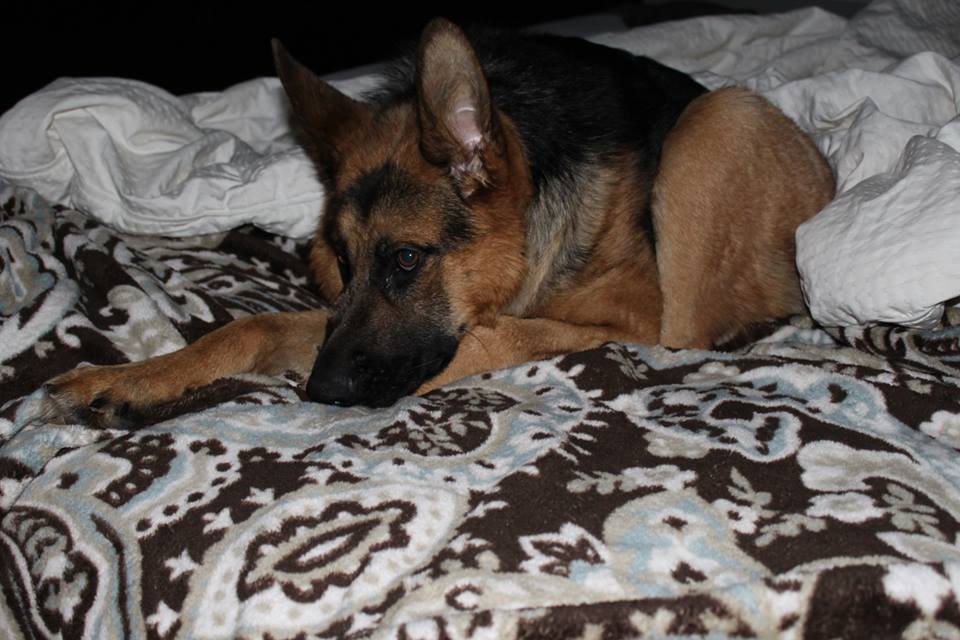

According to The University of Sydney’s Veterinary Science department, Short Spine Syndrome is “a severe shortening of the vertebral column or spine due to the compression of vertebrae.” It could also affect the rib cage, which apparently also look compressed but severely reduces the number of ribs.
Instead of the vertebrae hardening to form bone, it remains largely in a their cartilage form, said the University’s Veterinary Science department.
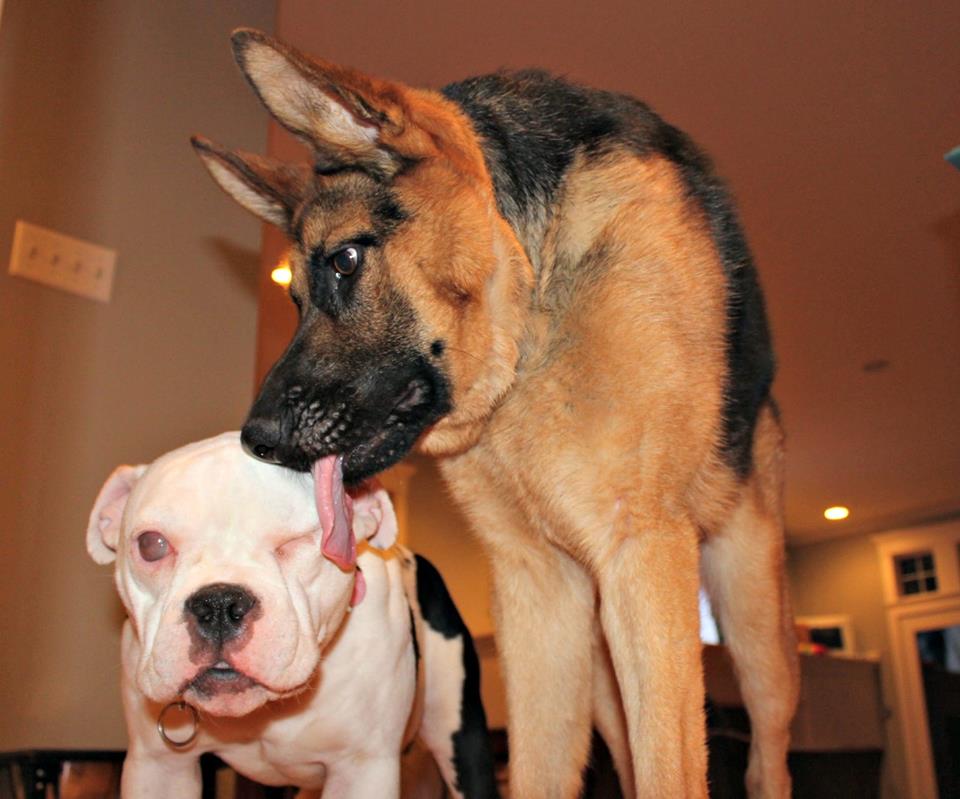

But the syndrome also affects other parts of the canine’s body from its head to its sphincter. While a Short Spine dog’s head would appear normal at length, its head is “usually held titled to the right,” said the University’s Veterinary Science department. They also stated that a Short Spine dog will also appear as if it doesn’t have a neck because its head is “held hard up against the shoulder blades.” Their back will slope downward and the lower half of their abdomen looks larger than dogs without the genetic condition.
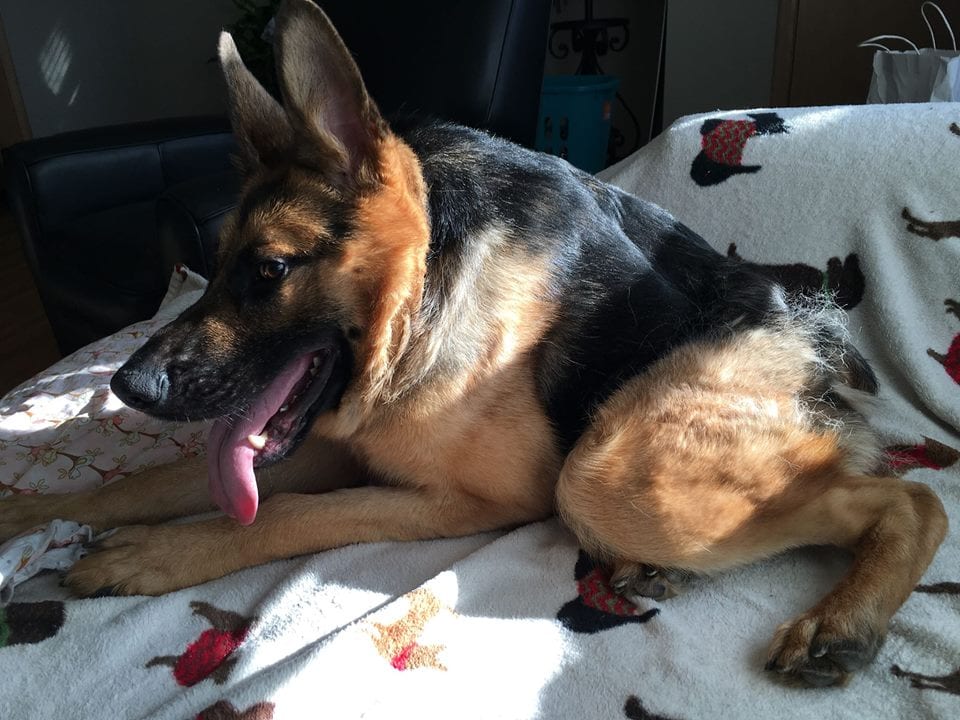

A Short Spine dog’s tail is also said to look twisted and shorter than usual, while its sphincter will be slightly slanted. One thing about a Short Spine dog is that their limbs apparently will be of correct length except the limbs are positioned incorrectly with the knee and elbow joins turn outwards, posted on the website of the University of Sydney’s Veterinary Science department.
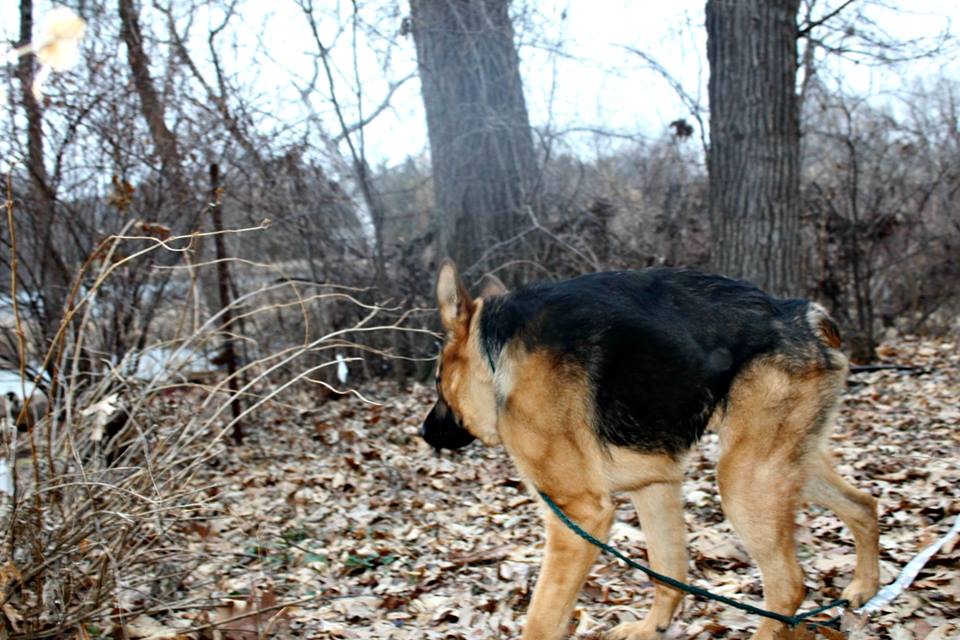

While canines with Short Spine Syndrome can’t do the usual daily activities, they can live a normal lifespan.
As for Quasi the Great, he is still staying at the Secondhand Hounds shelter. The shelter said that Quasi can’t be adopted until he’s healthy and his temperament’s been evaluated.
Sources: Quasi The Great /Facebook, @quasithegreat /Instagram, CNN, University of Sydney, Secondhand Hounds



